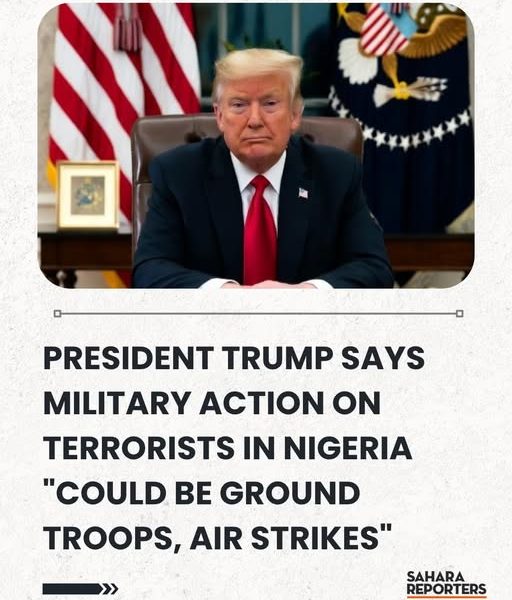When Donald Trump warned that U.S. military intervention in Nigeria might involve “ground troops or air strikes,” the world sat up and took notice. On November 2 2025, aboard Air Force One, he told reporters that he could “envisage a lot of things” after citing the killing of “very large numbers” of Christians in Nigeria.
At stake is not simply Washington’s frustration with militancy in West Africa — it’s the boundaries of U.S. power and a sovereign African state’s right to self-determination. Trump’s remarks followed his decision to add Nigeria back to the U.S. “Countries of Particular Concern” list over religious-freedom concerns.
For Nigeria, Africa’s most populous nation, these hints of direct U.S. military action set off alarms. The government responded swiftly: while affirming its willingness to welcome American help in fighting terrorism, it made clear that any cooperation must respect Nigeria’s territorial integrity and sovereignty.
From a spotlight moment to serious policy implications: Should Nigeria refuse to act as the U.S. demands, does Washington have the right to send in troops? Can air strikes across borders be justified without full consent? And what are the risks to civilians, stability, and regional diplomacy? Military analysts already point out that insurgents in Nigeria only partially target Christians; many victims are Muslims, and violence often stems from ethnic or resource conflicts, not purely religious persecution.
The emotional weight here is profound: a super-power threatening boots on the ground and bombs in a country that hopes to chart its own path. For Nigerians anxious about sovereignty and for U.S. allies wary of new interventionism, the moment raises urgent questions: Are these words posturing, or the first step toward actual military engagement? The world is now watching.






